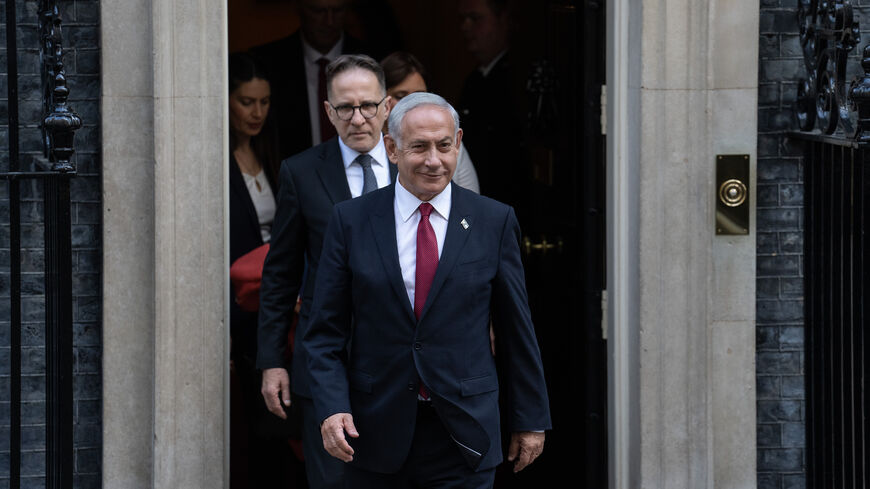JERUSALEM — Results of local elections held on Tuesday across Israel indicate that voters are not disqualifying Prime Minister Benjamin Netanyahu and the Likud Party, possibly signaling the beginning of their political recovery.
Many Israelis inside and outside politics and in the security establishment blame Netanyahu for the failures that enabled the Oct. 7 attack by Hamas. Netanyahu and the Likud had feared that Tuesday’s voting for some 200 mayors as well as municipal and regional council members would reflect the plunge they experienced in every poll published in the past four months due to their calamitous performance. That did not happen.
At stake, was bringing back Likud voters disillusioned by Netanyahu and Israel's overall leadership. Some candidates in traditional Likud strongholds tried to distance themselves from their party, viewing the Netanyahu brand as bad news. Low turnout — 49% of eligible voters compared to 56% in the preceding local elections, five years ago — also did not bode well for the Likud.
In the end, the municipal election results show that the Likud party and its leader Netanyahu are far from being defeated. Despite some losses, the party retained much of its power in dozens of municipalities and local councils, including those in large cities. All in all, 37 Likud candidates won, and the party preserved its power in several big municipalities, such as Ashdod, Natanya, Petah Tikvah and Rehovot. The results point to an obvious question: Are the Likud's achievements a predictor of its power in national elections scheduled for 2026 but expected to be held much sooner? In other words, are Netanyahu and the Likud on the road to electoral recovery?



